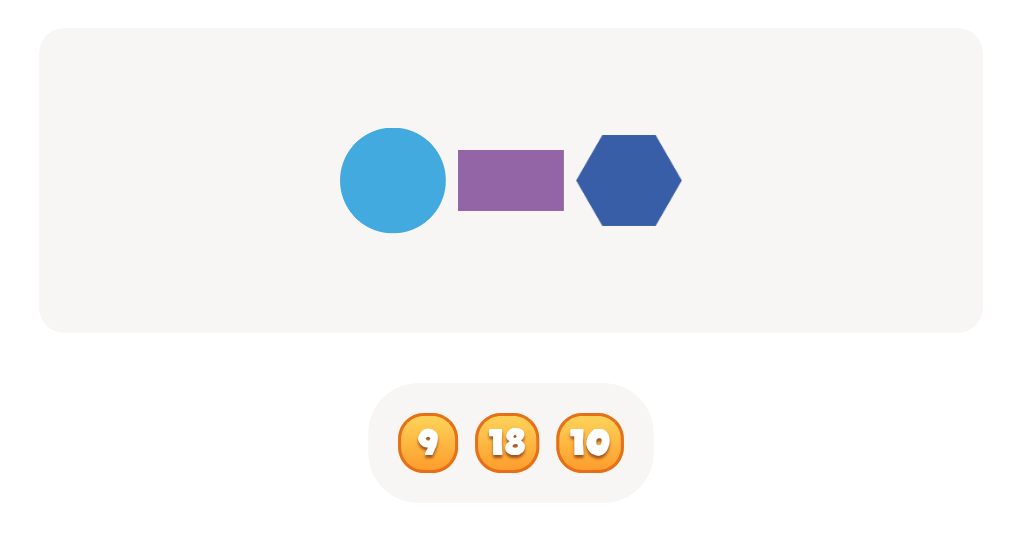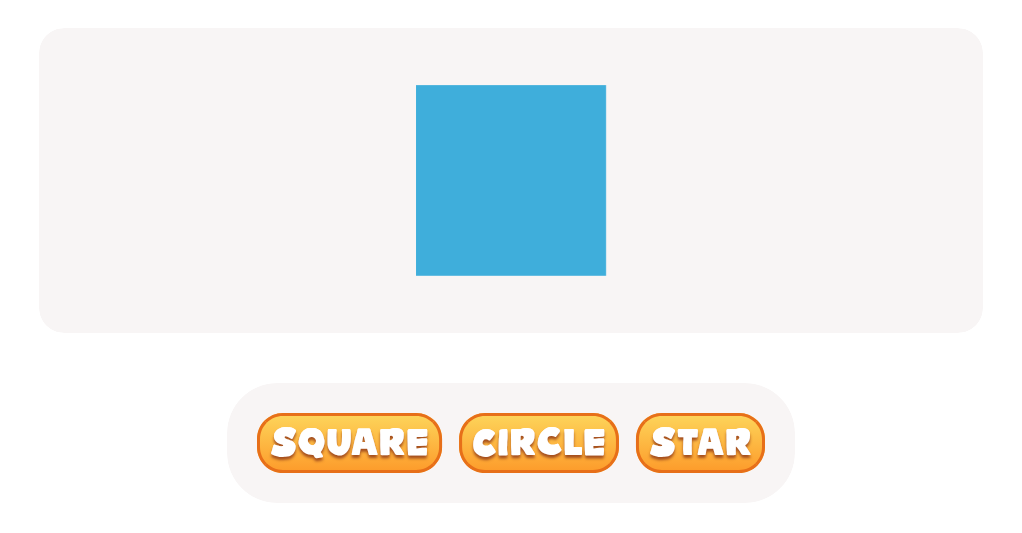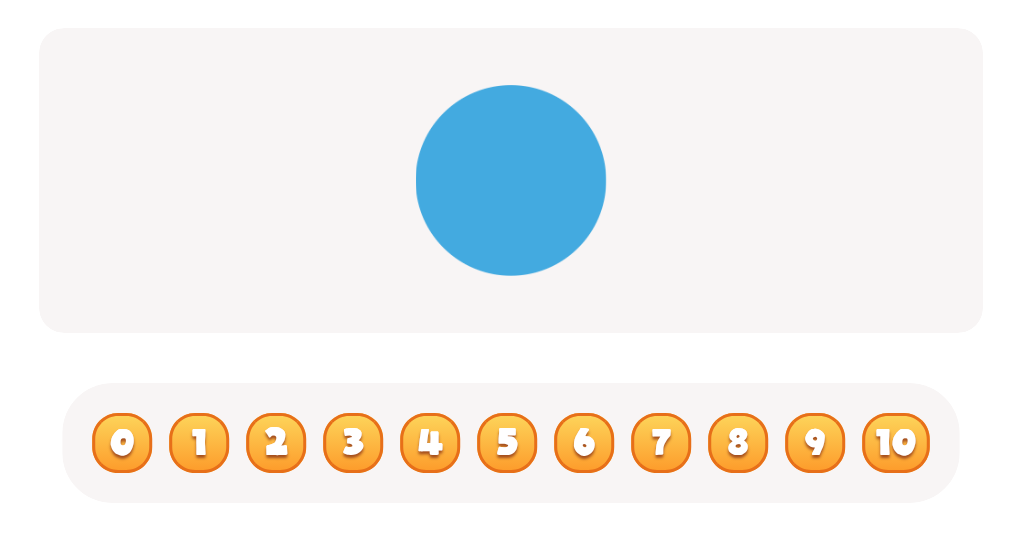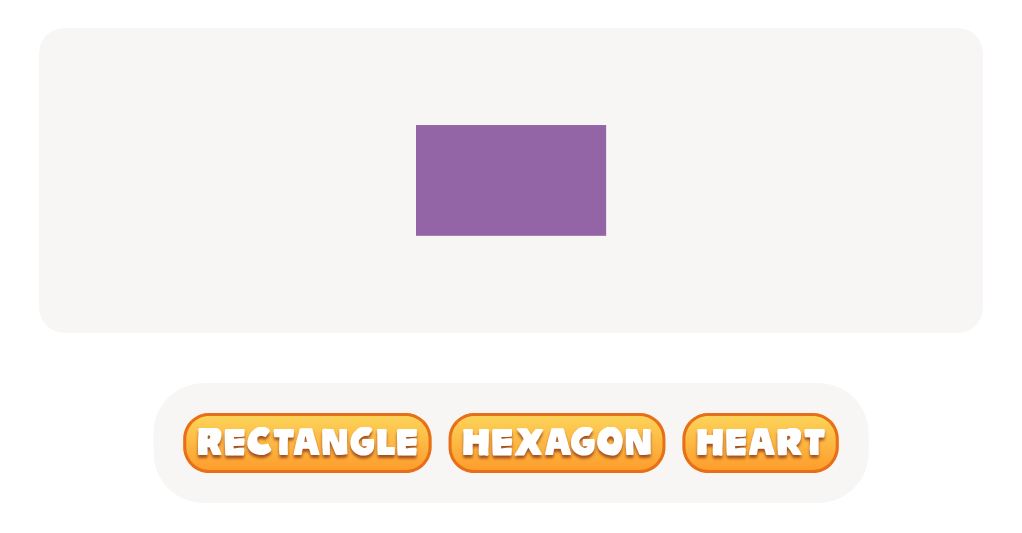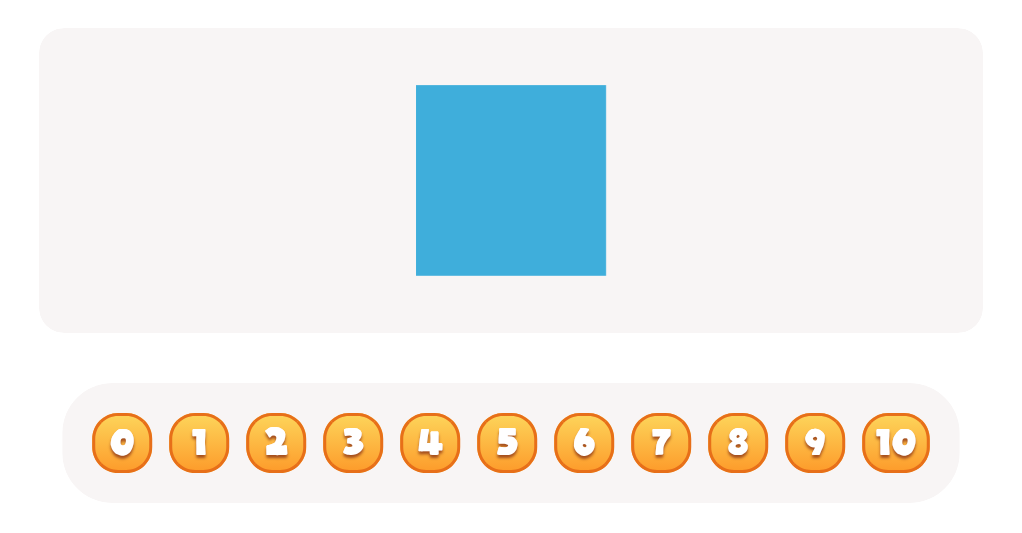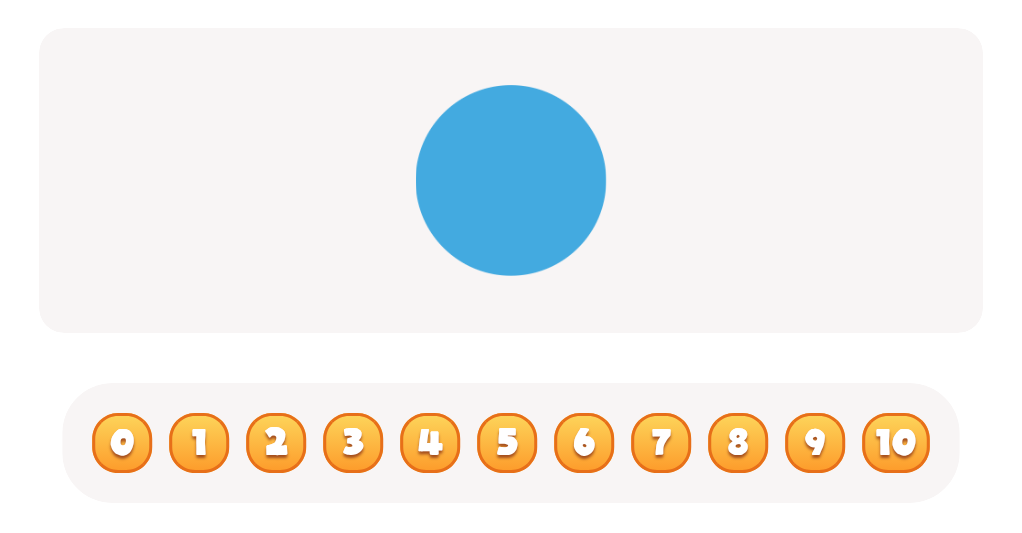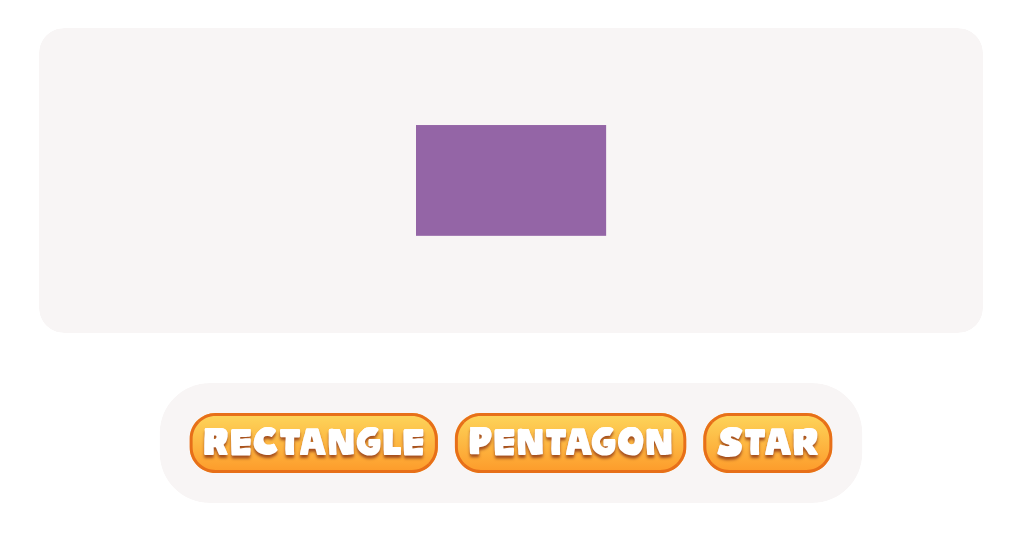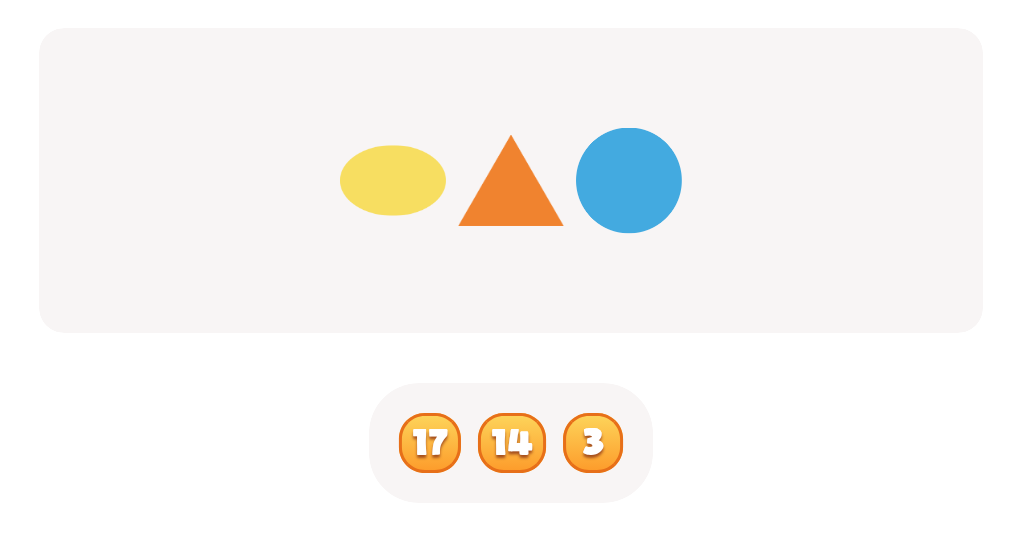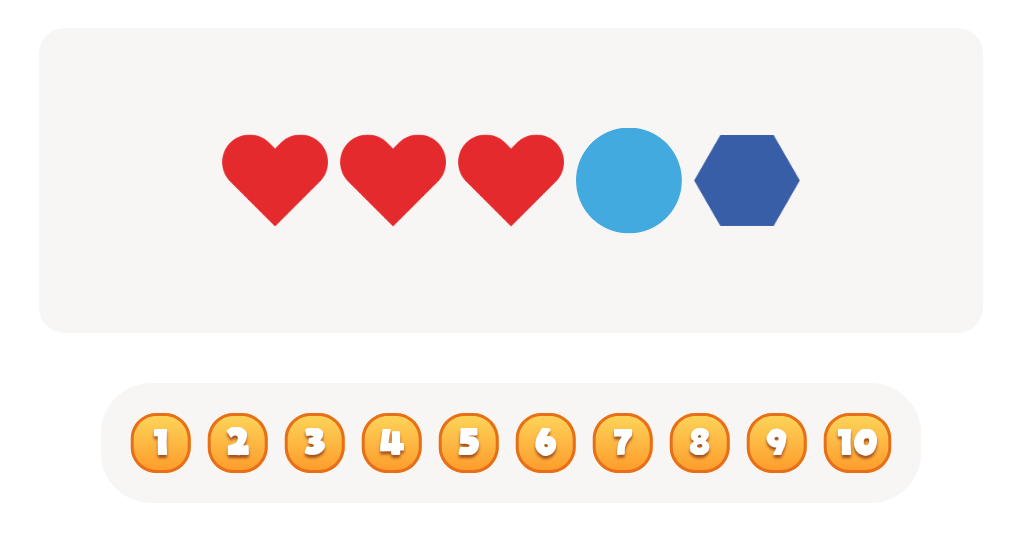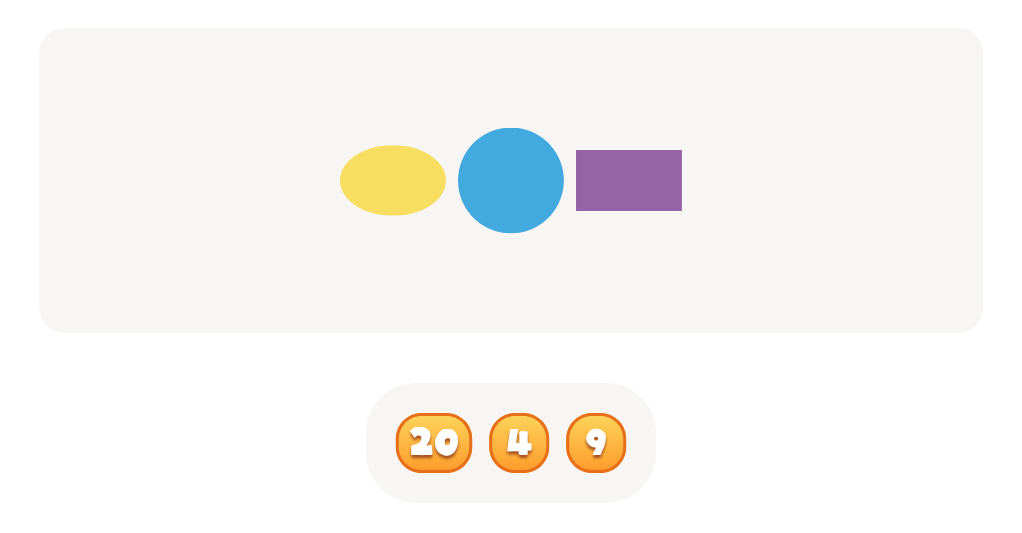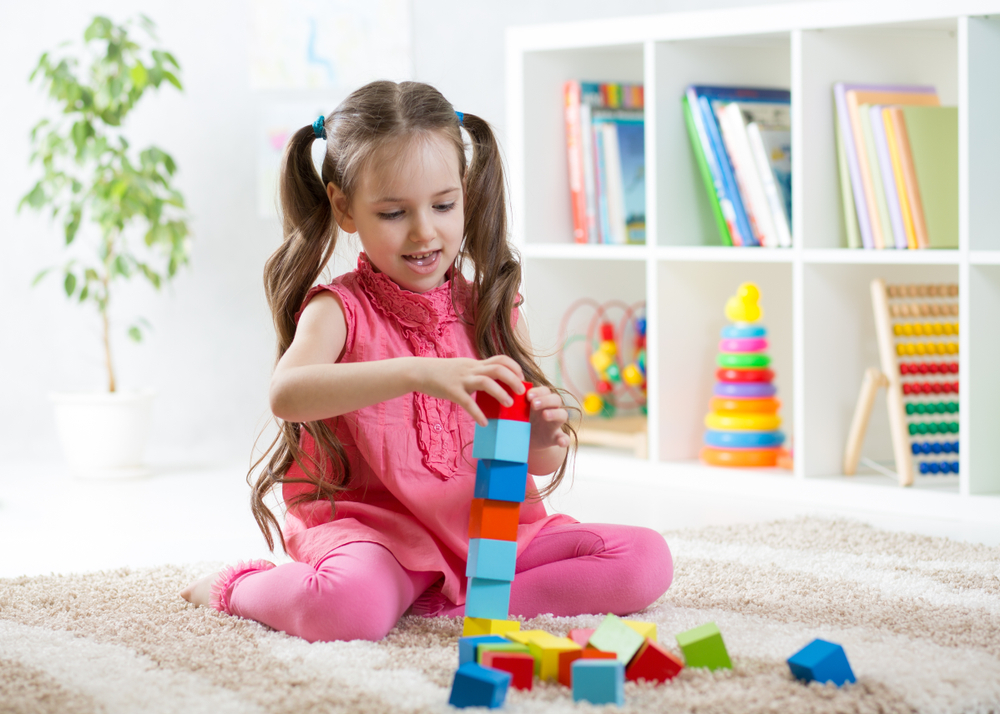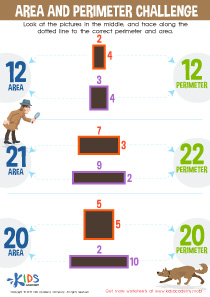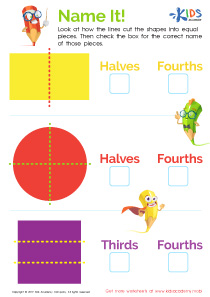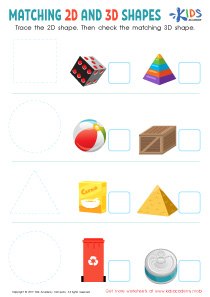Reading comprehension 2D Shapes Worksheets for Ages 4-8
4 filtered results
-
From - To
Enhance your child’s understanding of geometric concepts with our "Reading Comprehension 2D Shapes Worksheets" designed for ages 4-8. These engaging worksheets seamlessly blend math and literacy skills, helping young learners recognize, name, and describe common 2D shapes, such as circles, squares, and triangles. Our educational activities encourage early readers to practice reading comprehension while solving shape-based puzzles and problems. Perfect for preschool through second grade, these printable resources support both in-class learning and at-home practice, making geometry fun and accessible. Ignite your child’s passion for learning with our expertly crafted worksheets tailored for early childhood education.
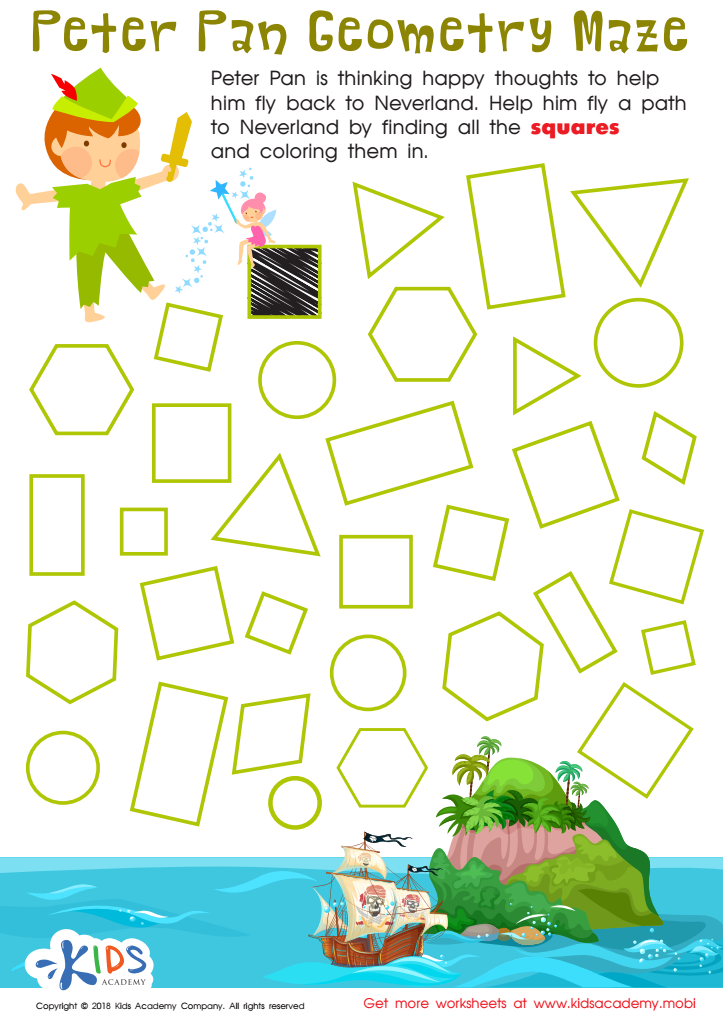

Peter Pan Worksheet
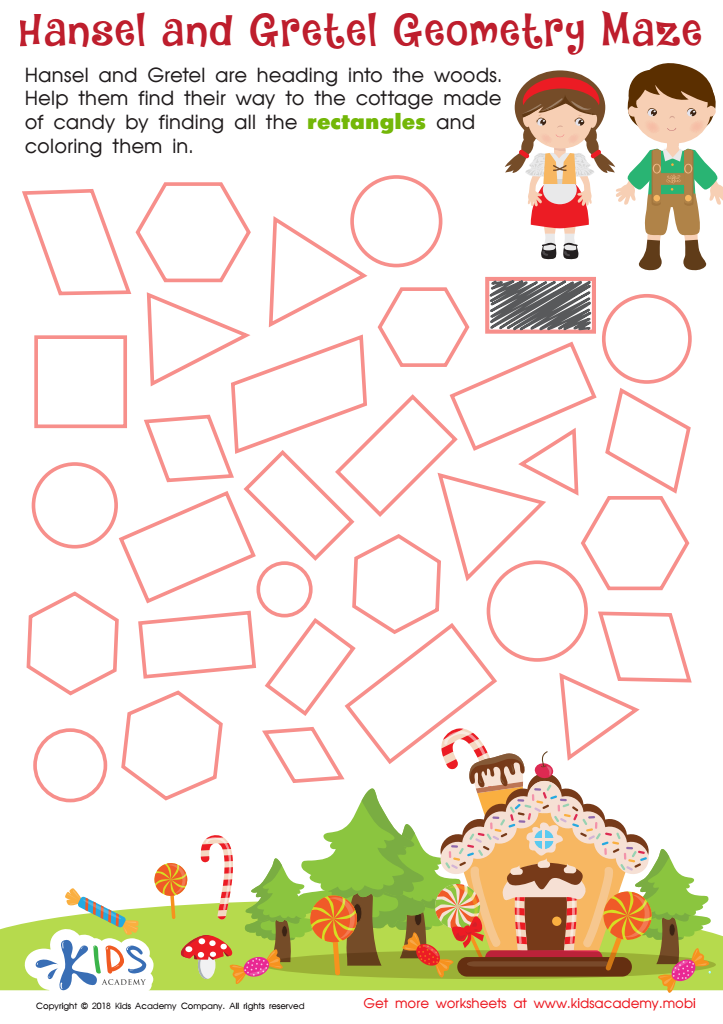

Hansel and Gretel Geometry Maze Worksheet
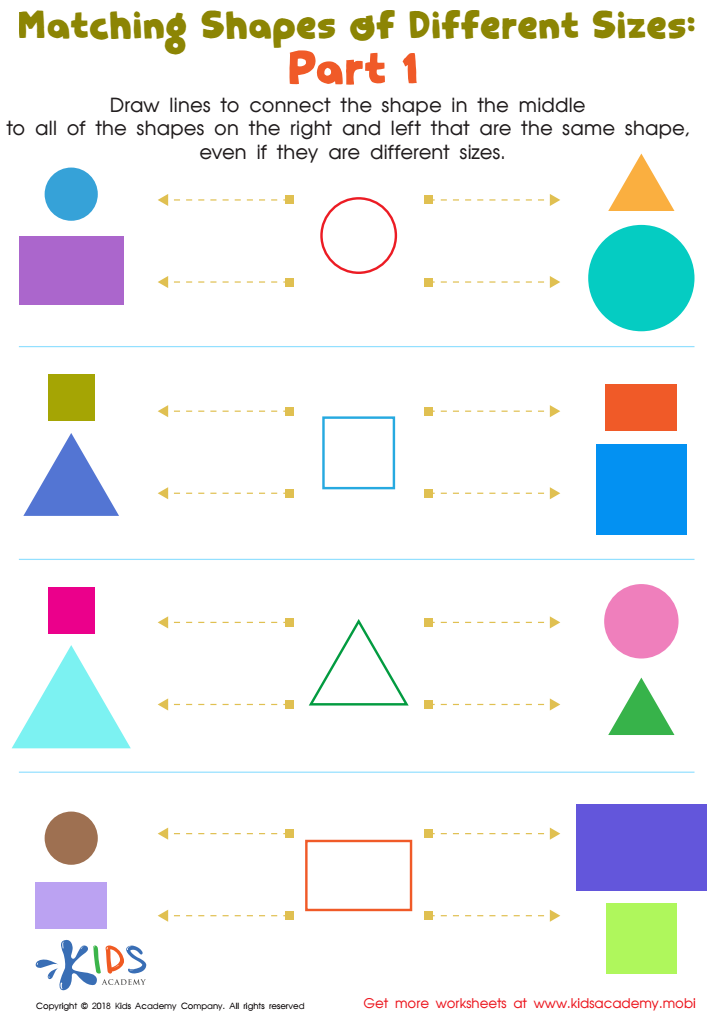

Geometry: part 1 Worksheet
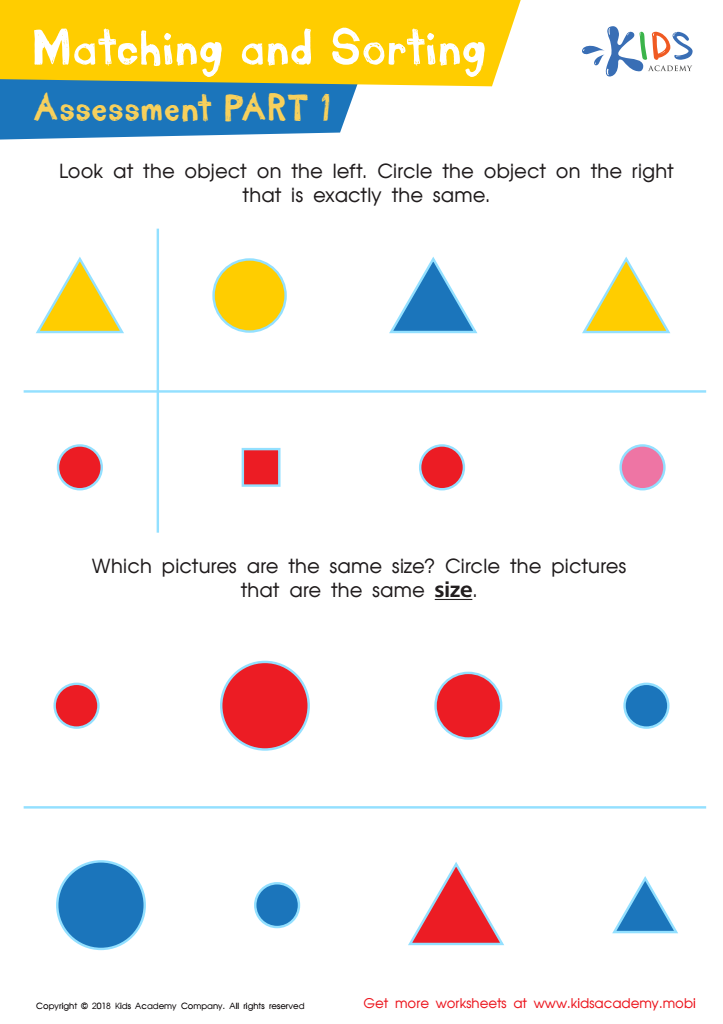

Matching and Sorting for Kindergarten: Assessment 1 Worksheet
Reading comprehension and understanding 2D shapes are foundational skills critical for children aged 4-8. At this formative stage, boosting reading comprehension not only cultivates a love for reading but also enhances children's ability to understand instructions, stories, and informational texts, significantly contributing to their overall academic success. Strong reading skills promote language development, enrich vocabulary, and improve cognitive abilities, enabling children to thrive in various subjects, beyond just language arts.
Concurrently, familiarity with 2D shapes fosters essential mathematical concepts. Recognizing and naming shapes like circles, squares, triangles, and rectangles serve as the building blocks for geometry, measurement, and spatial understanding. These skills are not only vital in math but also in everyday life, helping children to interpret road signs, organize spaces, and understand patterns.
Both reading comprehension and shape recognition encourage problem-solving, analytical thinking, and creativity. Bridging these skills paves the way for interdisciplinary learning, where children can, for example, read a story about shapes and then create their own shapes-related artwork. Teachers and parents should care about these skills as they provide a balanced educational foundation, preparing children for more complex concepts ahead and fostering well-rounded, enthusiastic learners.
 Assign to My Students
Assign to My Students
